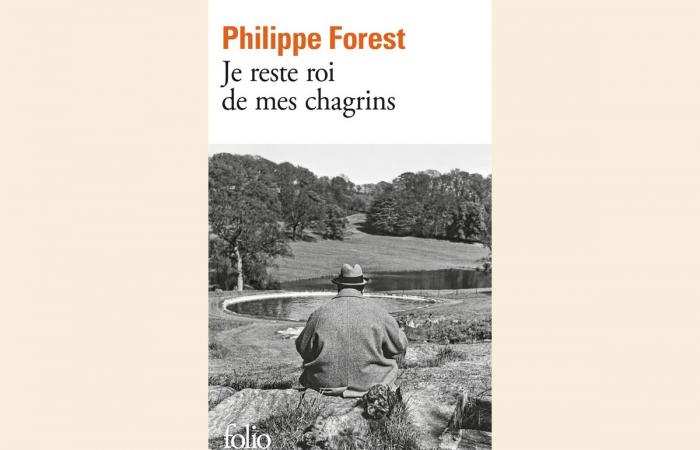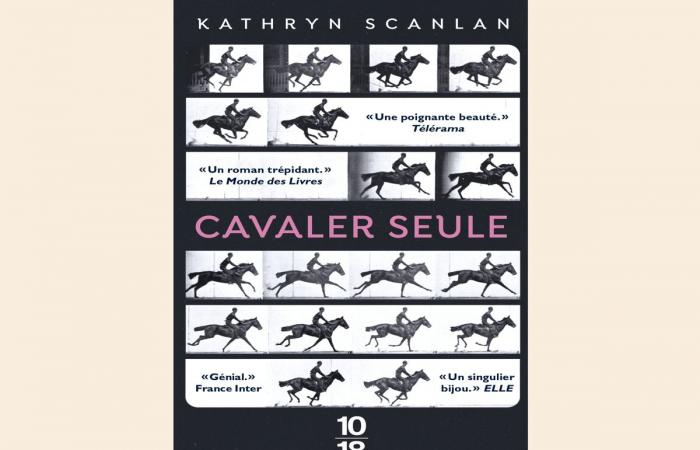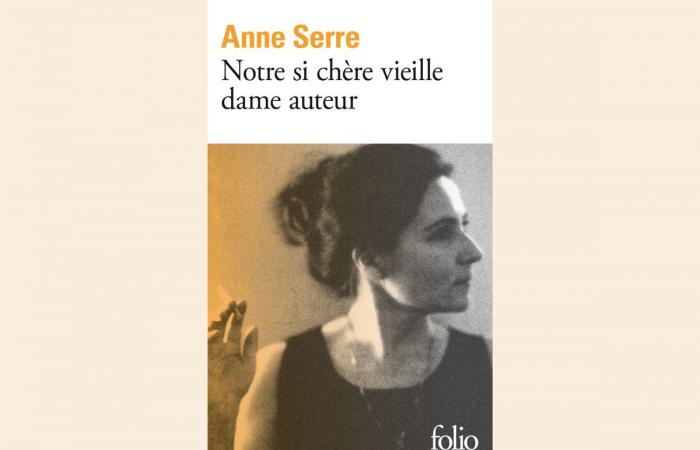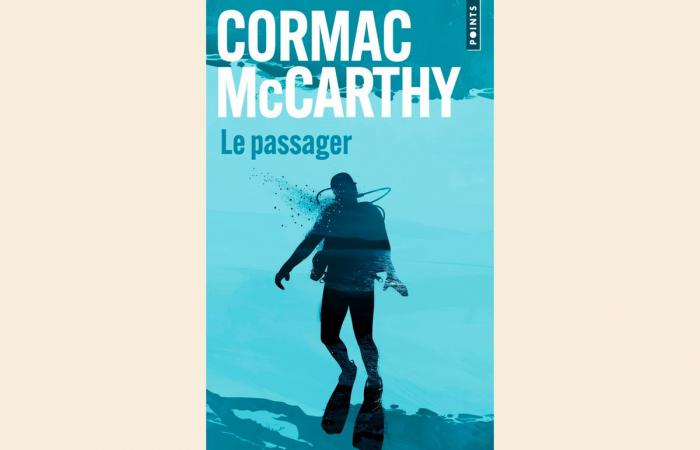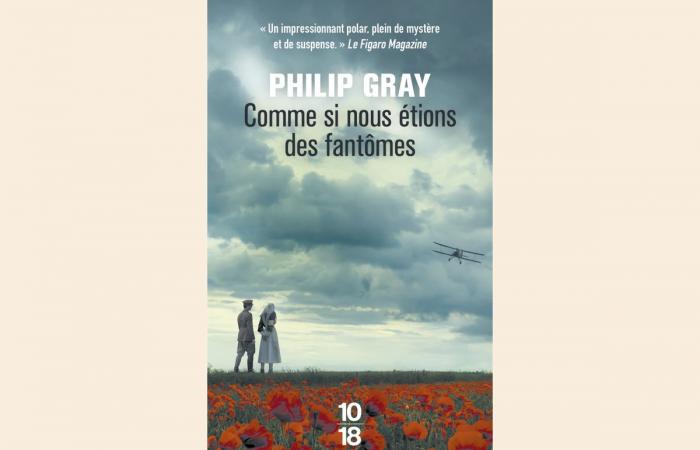An imagined discussion between Winston Churchill and a painter, the mysteries of an old writer's last manuscript, a man confronted with his demons… Our suggestions for books to slip into your pockets this week.
Illustration Télérama
Published on November 8, 2024 at 10:56 a.m.
“I remain king of my sorrows”, by Philippe Forest
“All the stories in the world lie on the ground. They are not the property of anyone. Anyone can take it as they wish. He does what he wants with it. Without being accountable to anyone. Otherwise to himself. » , writes Philippe Forest on the threshold of I remain king of my sorrows. Winston Churchill is one of the two main actors. The one who responds to him is a painter, Graham Sutherland (1903-1980), officially commissioned in 1954 to paint the portrait of the Prime Minister, now weakened and ill – the painting must be given to him in the autumn, with great fanfare, during of a ceremony organized for his 80th birthday. Inspired perhaps by Rubens and the Baroque, certainly by Shakespeare, his specters and his spells, Philippe Forest gives the dialogue of the two men the form of a theatrical performance. A tragedy in four acts between which he intervenes, Prologue or Interlude, a tragic chorus in itself. — Na.C.
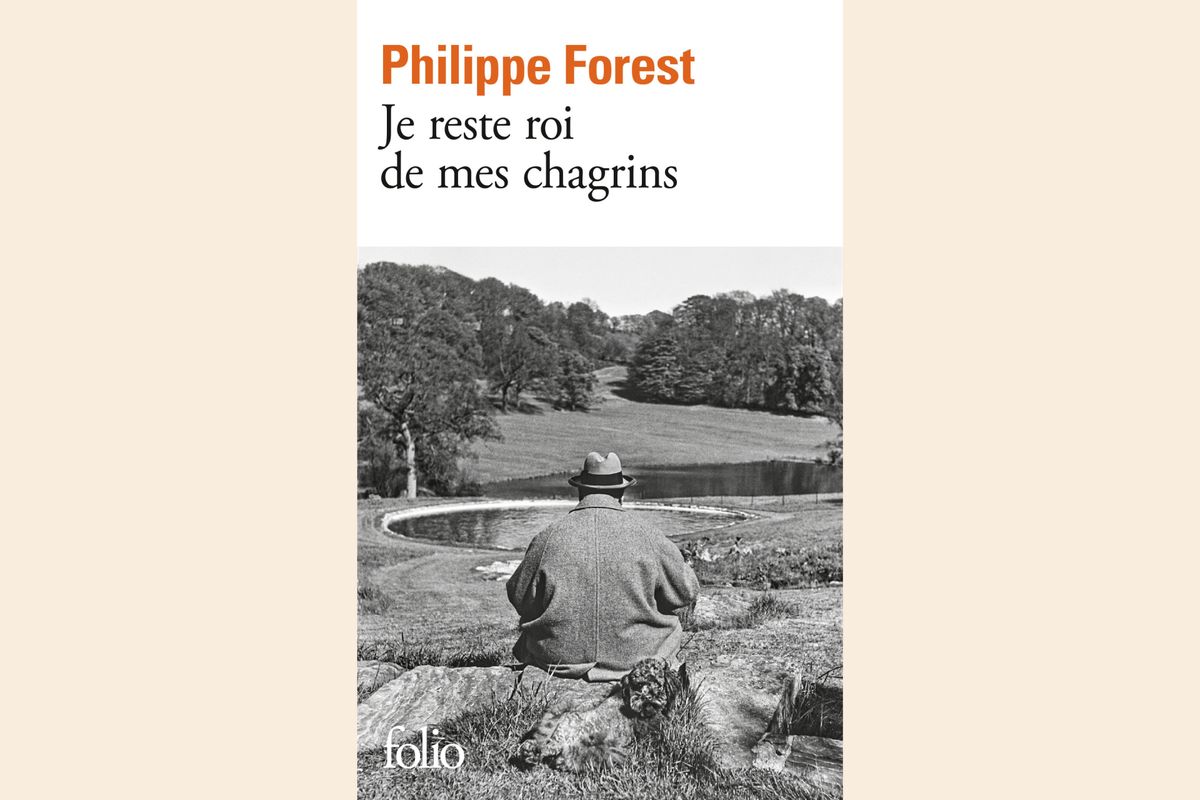

Ed. Folio, €8.30.
Read our review
“I remain king of my sorrows”, by Philippe Forest
“Riding Alone”, by Kathryn Scanlan
Kathryn Scanlan's minimalist and rapid sentences – with their dry precision wonderfully transmitted by Laetitia Devaux's beautiful translation – are like the brushstrokes of a hyperrealist painter: they compose a hypnotic painting that destabilizes the most unshakeable certainties about distance between reality and its representation. It must appear, in a dialogue, in the middle of the narration of Ride alone, the first name of its heroine, Sonia, so that it comes to mind that this is not a testimony, an autobiographical and documentary story, but a novel. Sonia's novel, therefore, is nourished by the interviews that the American writer conducted with this woman, now in her sixties, passionate about horses and who devoted her life to them. — Na.C.
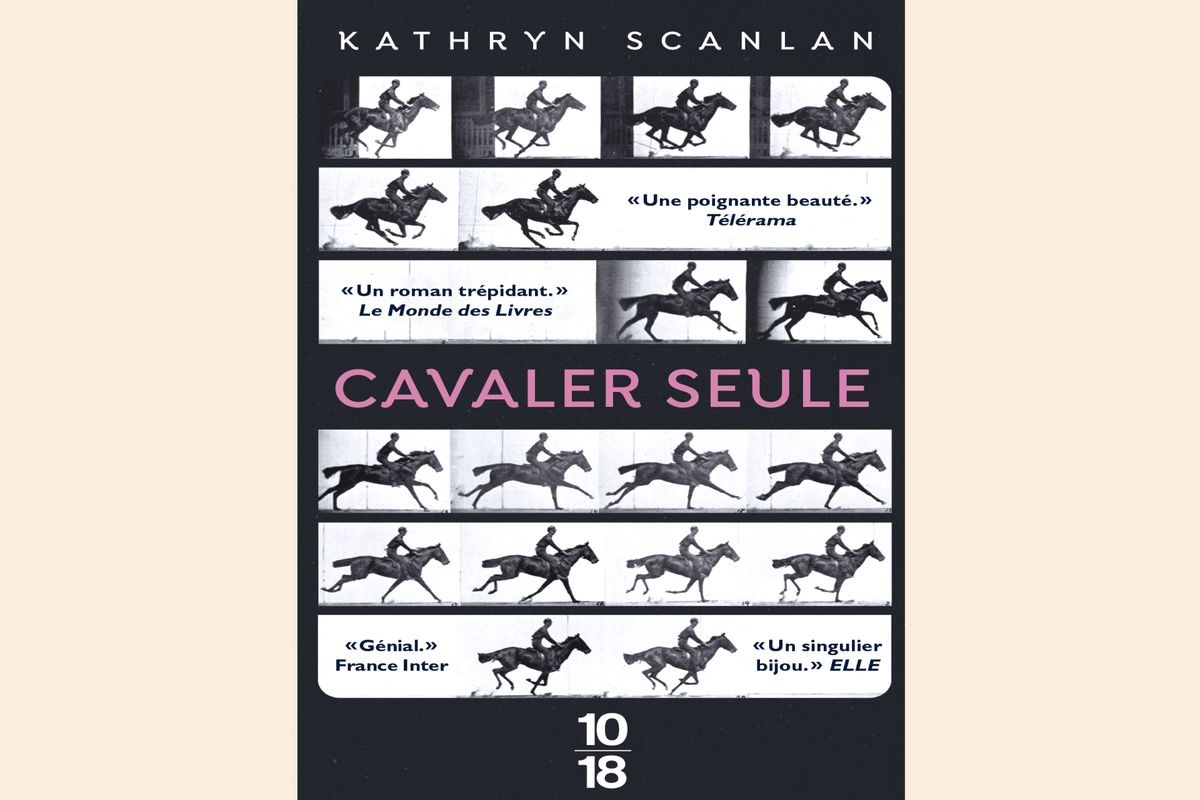

Ed. 10-18, €8.00.
Read our review
“Riding Alone”, by Kathryn Scanlan
“Our dear old lady author”, by Anne Serre
“Without cruelty there is no writer. Cruelty is our first virtue”, dreamily think the very strange “dear old lady author”, that Anne Serre chose as the heroine of her latest novel, at least as insane, unclassifiable and diabolically crafted as her fifteen previous ones. May reasonable readers renounce this crazy story where the characters endlessly cross paths with their authors and the authors of their authors, where the narrator escapes his traditional role of observer and director of the plot to join them without complexes and mix his own desires with theirs… A story as Pirandellian as it is Kafkaesque, under the auspices of Hölderlin as well as Ezra Pound, with a zest of absurd humor full of an aristocratic panache à la Raymond Roussel. — F.P.
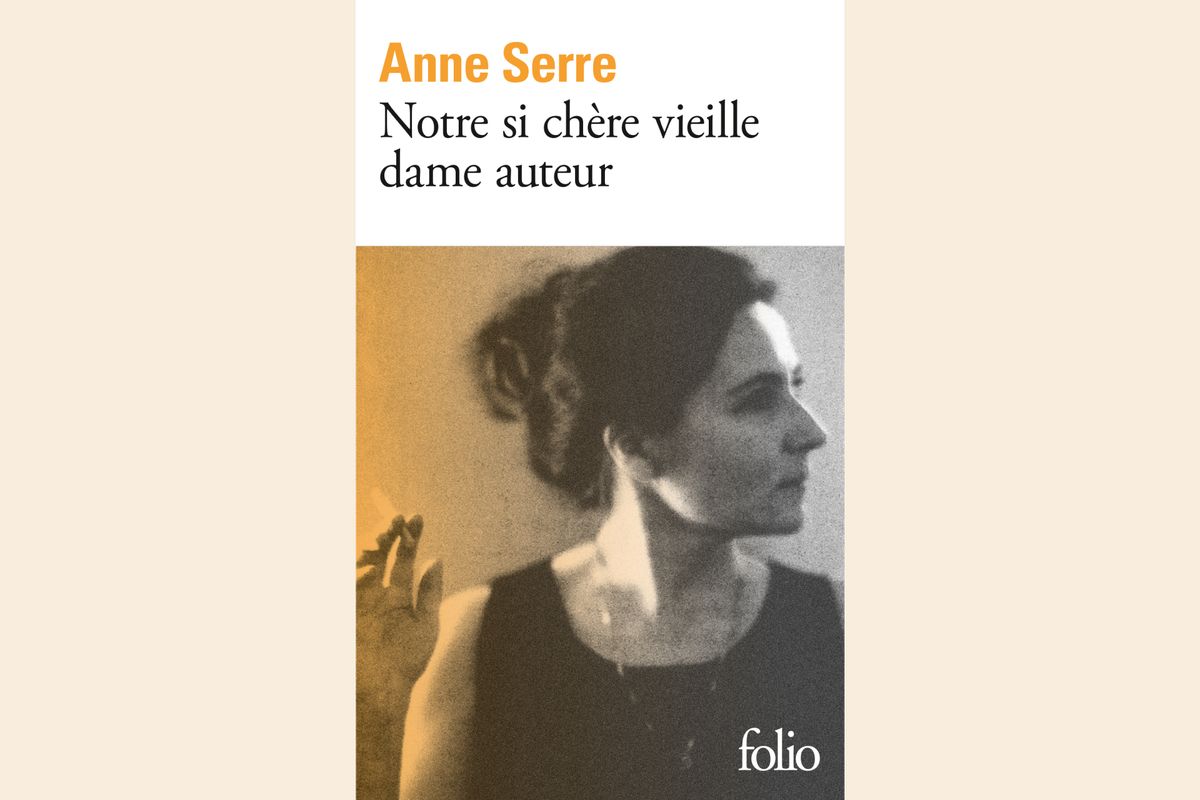

Ed. Folio, €7.80.
Read our review
“Our dear old lady”, by Anne Serre
“The Passenger”, by Cormac McCarthy
“The world must be at least half composed of darkness,” says one of the characters Passenger, testamentary novel by Cormac McCarthy. Darkness is widely discussed in The Passenger. There are those in which Robert Western, the central character of the book, a diver in opaque waters near New Orleans, lives day by day. “I dreamed that you were lounging in your weighted shoes at the bottom of the ocean. To search for God knows what in the darkness of these bathypelagic depths […] In my dream, I had the impression that you had discovered the entrance to hell, one of his friends said to Robert one day, alluding less to his job as a salvage diver than to the inner darkness in which he lives as a recluse, mourning his sister Alicia, who died ten years earlier. — Na.C.
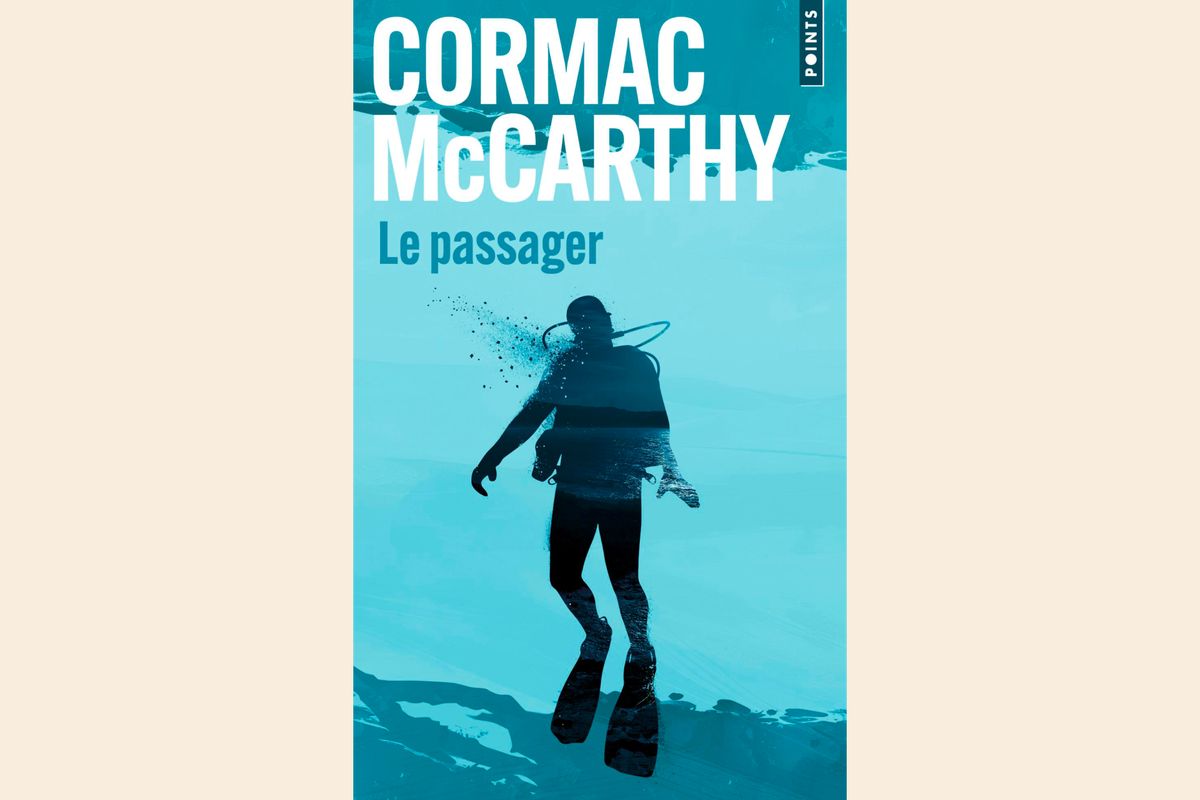

Ed. Points, €10.80.
Read our review
“The Passenger”, by Cormac McCarthy
“As if we were ghosts”, by Philip Gray
In As if we were ghosts, by Philip Gray (for whom this is the first novel in his own name, even if he has published several under various pseudonyms), the reader follows the young Englishwoman Amy Vaneck, who left to investigate in 1919 on the Somme front to understand what happened to his missing companion. In the aftermath of the First World War, in the middle of landscapes disfigured and haunted by death, the young woman – whose determination is reminiscent of Mathilde fromA long engagement Sunday, by Sébastien Japrisot (1991) – will quickly discover that not all corpses are necessarily linked to combat… Unsurprisingly, world wars are another favored theme of English historical crime fiction. The detective genre then plays on the paradox between an era of chaos and the detective's search for truth. — Y. L.-S.
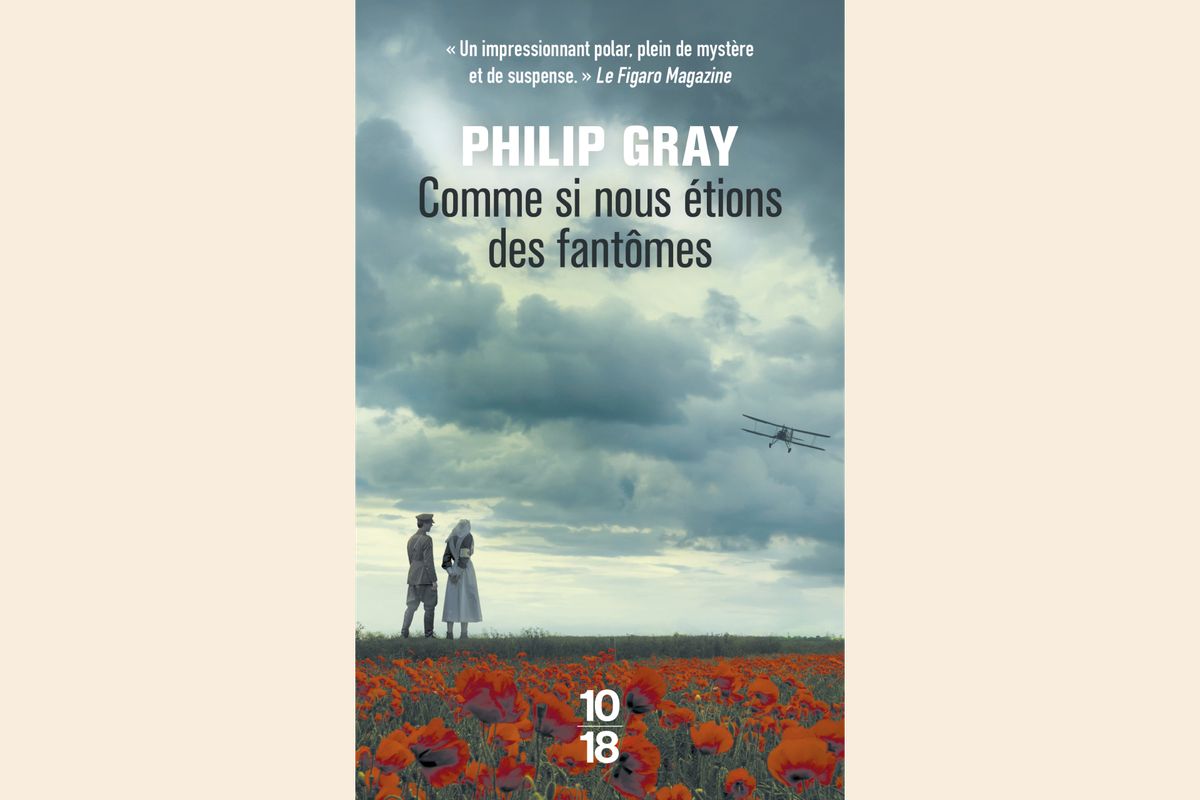

Ed. 10-18, €9.60.
Read our article
The English historical thriller is still on the rise



